Workshop 1: “Reforming the security sector in Africa: what answers to the capability challenges of the Armed Forces?”
Context
Africa is faced with a changing array of threats and of threats and risks that have marked the daily lives of of states since the 1960s. Wars of national liberation of national liberation have been followed by intra-state conflicts in the 1990s. Just as deadly, the jihadist wave of the early 21st century is progressing in a context where states are severely weakened by the economic impact of exogenous crises and endogenous weaknesses such as poverty, the burden of debt and a fractured social body.
As security is an important pillar of stability, building the capacity of its actors remains an essential component of any security sector reform process on the continent. Currently, in several African countries, the disproportionate use of force, repeated irruptions in political life with a view to seizing power, poor security governance, and serious shortcomings in the prevention and fight against insecurity contribute to making the defense and security forces factors of insecurity and instability. Based on the premise that security is one of the major conditions for development, the Security Sector Reform (SSR) aims to correct these dysfunctions in order to restore the security systems’ capacity to carry out their regalian missions under all circumstances, i.e., State sovereignty and the protection of people and their property. Contemporary conflicts on the continent have evolved considerably and have now become cross-border and nomadic. For reasons of expediency, several non-state actors in these conflicts, including armed groups groups, are becoming autonomous from both their political leaders and sometimes even the original causes for which they for which they took up arms; these armed groups are doing everything possible to to extend and consolidate their actions beyond state borders, creating vast areas of lawlessness in of lawlessness in areas where the governance of the the governance of the state is structurally deficient. This negative evolution of the general security situation situation and the responses that states are currently trying to to respond to it have highlighted major capacity deficits have brought to light major capacity deficits of state security actors, in particular national armies national armies, and call for a new, more collective approach. collective approach. The most affected countries need to engage in a reform of their security sector of their security sector in the framework of a strengthened international cooperation that can provide a collective response to that can provide a collective response to national security national security problems that have taken on a regional regional scope. In this perspective, special attention should be paid to particular attention must be paid to the search for efficient efficient solutions to the capability challenges of national armies, which remain the pillars of any emergency of any emergency security response to crises. In particular, it will be necessary to find lasting solutions to the complex equation of reorganization, modernization modernization, armament, equipment, training and and training of the national armies, and above all their and especially their reorientation towards operational security activities which are their their core business.
Objectives
To propose realistic responses to the current capability challenges of challenges of African national armies, within the framework of within the framework of a security sector reform.
Issues to be addressed
- What are the major current capability challenges facing African armies in the face of a mutating insecurity that directly threatens the stability of several States?
- What model of defense and security forces to face the multiple security challenges?
- What national and international approaches for appropriate and sustainable responses to the capacity deficits identified in national armies?
- What sustainable responses to the recurrent difficulties of financing SSR processes in Africa?
Speakers
-
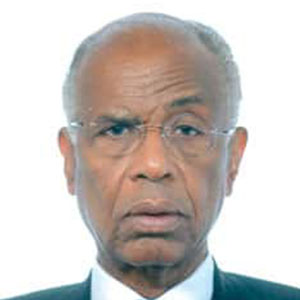 Ahmédou OULD-ABDALLAHModerator
Ahmédou OULD-ABDALLAHModeratorPresident Centre4s (Centre for Strategies and Security in the Sahel Sahara)
Mr. Ahmedou OULD ABDALLAH has served with the United Nations in a number of capacities, including as the Secretary-General’s Special Representative for Burundi and Special Coordinator for New and Renewable Sources of Energy and Energy Issues. Mr. Ould-Abdallah also held a number of positions with the Government of Mauritania, notably as Minister for Foreign Affairs and Cooperation and Ambassador to the United States.
-
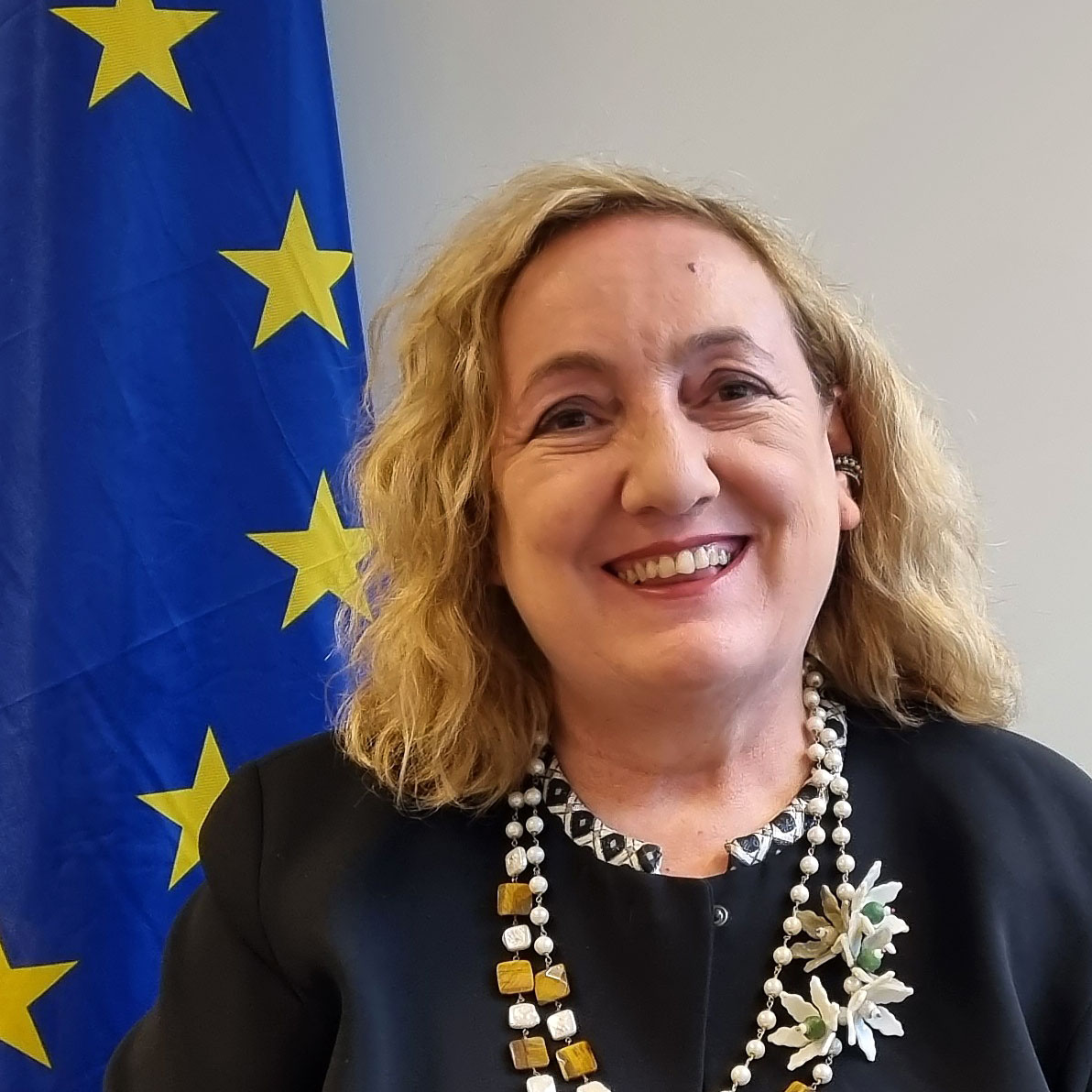 Emmanuela Claudia DEL RESpeaker
Emmanuela Claudia DEL RESpeakerEmanuela C. Del Re has always been engaged in foreign policy. Italian scholar, sociologist, she is an expert in international relations, security, geopolitics,
Conflict Studies, migrations, refugee issues, minorities, religious phenomena, connection axes and energy networks, with a long experience on field in conflict areas since 1990.
EU Special Representative for the Sahel since July 2021, she was Vice Minister of Foreign Affairs and International Cooperation of Italy from 2018 to 2021 and member of the Italian Parliament. -
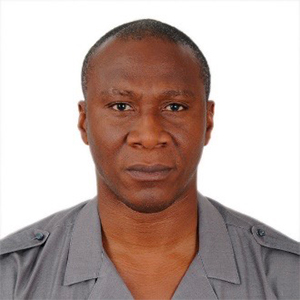 General Bassante ALY BADARASpeaker
General Bassante ALY BADARASpeakerMinistry of Defense of Côte d’Ivoire.
Commander of the National Gendarmerie’s Specialized Units Command since 2019, General Bassanté is a Saint-Cyrian, a graduate of the Ecole de Guerre de Paris and holds an MBA in Strategic Management and Economic Intelligence from the Ecole de Guerre Economique de Paris. Commander of the National Gendarmerie Intervention Unit (UIGN) from 2004 to 2020, he was for more than 8 years (2005-2013) the focal point of the Ministry of Defense for issues related to the fight against terrorism. He is currently responsible for the gendarmerie units involved in the security of the Ivorian air and maritime borders, those dedicated to the fight against terrorism and the operational defense of the territory as well as those specialized in the security of people and sensitive sites.Translated with www.DeepL.com/Translator (free version)
-
Hervé TEMPOREL (Expertise France)Talker
-
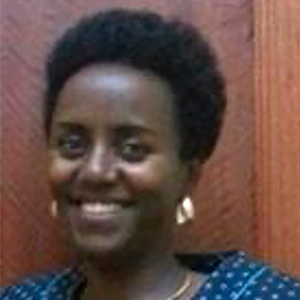 Jocelyne NAHIMANASpeaker
Jocelyne NAHIMANASpeakerSince February 2016, Ms. Jocelyne Nahimana has been working at the African Union Commission in Addis Ababa, Ethiopia, as a Security Sector Reform (SSR) Expert in the Political Affairs, Peace and Security Department, SSR/DDR Division. She was assigned to the African Union headquarters after her consultancy mission in Madagascar, to provide technical support for the development of the SSR policy letter. She has worked as a senior official in the National Assembly of Burundi; was a Security Governance Program Officer (Burundian-Dutch), represented two international organizations “American Bar Association-Rule of Law Initiative” and the Association of European Parliamentarians for Africa (AWEPA) in Burundi.
Translated with www.DeepL.com/Translator (free version)
-
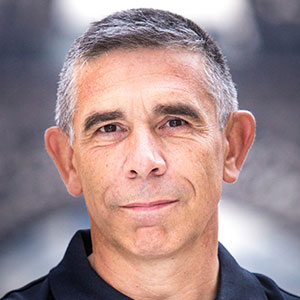 Major General (Ret) Philippe BOUTINAUDSpeaker
Major General (Ret) Philippe BOUTINAUDSpeakerSenior Security and strategy advisor to the Director DCAF
Has been working for DCAF (Geneva Center for security sector Governance) since Nov 2020. He is a retired French Army general who commanded the Paris Fire Brigade in charge of civil protection of Paris and its region (2015-17). He has an extensive international experience as Head of International Security Affairs of the FR MOD, as a Director of Cabinet to the Chairman of the European Union Military Committee and as a Special Assistant to the Chairman of the NATO Military Committee in Brussels. Additionally, MGen Boutinaud has also a wide field experience in operations in the Balkans, Africa and Afghanistan. -
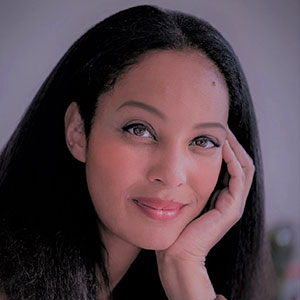 Niagalé BAGAYOKOSpeaker
Niagalé BAGAYOKOSpeakerAfrican Security Sector Network Chair
Niagalé Bagayoko (PhD) is a political scientist who has done extensive field research on security systems in African Francophone countries, Western security policies in Africa and African conflict-management mechanisms, focusing on the interface between security and development. A Research Fellow at the Institute of Development Studies (UK), she also taught at the Institut d’Etudes Politiques in Paris. After heading the “peacekeeping and peacebuilding programme” at the International Organisation of La Francophonie, she is now the Chair of the African Security Sector Network (ASSN).
